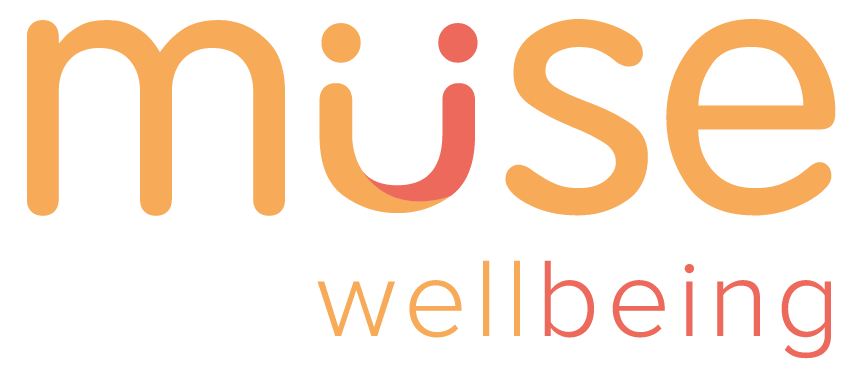Is PSHE Compulsory in Schools?

Paul trained in the US and now teaches KS2 in London primary schools. Dedicated to engaging lessons, he brings creativity to the classroom.

David is the Muse Wellbeing director and lead curriculum developer. His Main passions include education, surfing and travelling.
Is PSHE Compulsory in Schools?
In September 2020, parts of PSHE education became compulsory (known as a statutory subject), including relationships education in primary schools and relationships and sex education in secondary school. Health education, both physical and mental, should be covered in key stages 1-4 as a compulsory topic. The statutory topics of PSHE became known as RSE (Relationships and Sex Education) or RSHE (Relationships, Sex and Health Education).
The change was brought about under the Children and Social Work Act (Chapter 4) so that all schools would be in line with independent schools that were already teaching compulsory PSHE.
Why Is PSHE Compulsory?
The Department for Education held a review of PSHE education and found evidence to conclude that the teaching of topics included in PSHE education had a positive impact on the physical and mental well-being of students. It stated that this created a better environment for children to achieve academically and have better success in life.
Despite this shift happening some years ago, PSHE remains a topic that is often overlooked and squeezed in where possible without the proper time dedicated to it. Core subjects like maths and English still take priority despite the wealth of evidence in favour of well-being topics. Whilst the pressure of exams in these core subjects and societal expectations around maths and English undoubtedly add to this feeling, the importance of PSHE in primary schools shouldn’t be overlooked when it comes to nurturing compassionate and resilient minds.
Helping children to prepare for life and teaching them to stay safe is more important than ever which is why some topics of PSHE are compulsory in primary schools. Beyond this, PSHE plays an essential role in safeguarding children. Teaching children about feelings, emotions, respect and consent are all vital in supporting students to understand themselves and those around them as well as keeping them out of potentially dangerous situations.
What Is The Difference Between Statutory and Non-Statutory PSHE?
Relationships, Sex and Health Education (RSHE) must be covered in schools as compulsory topics. This is often taught under a broad PSHE education programme. The DfE states that all primary school children should be taught relationships and health education but sex education (which is compulsory in secondary schools alongside relationships and health education) may filter into these lessons where appropriate.
PSHE covers more topics outside of the compulsory subjects such as content around personal safety, careers, and economic well-being. Whilst these are currently non-statutory, schools should strive to include them where possible as they are still considered an important part of PSHE which is why they’re included in the Muse Wellbeing curriculum.
How To Teach The Right PSHE Content
A broad PSHE education programme should cover the statutory RSHE topics but for pupils to get the right skills from PSHE education it is important to teach a curriculum that not only meets but exceeds the government guidelines.
The Muse Wellbeing curriculum is designed to go beyond what the DfE states as compulsory to provide teachers with a range of topics including RSHE, PSHE, well-being and even citizenship and economic well-being.
Can Parents Opt Out of PSHE?
As relationship and health education is a compulsory subject, children cannot be removed from lessons. A full relationship and health education curriculum is mandatory in primary schools and therefore parents cannot opt out. However, parents do have the right to request their child be removed from sex education lessons – either partially or fully – during primary school education.
RSHE (or RSE) teaching materials should be made freely available to parents upon request. When using PSHE or RSE teaching resources, schools should share these with parents and guardians to make them aware of what their children are being taught.
Final Thoughts
With so many PSHE topics having already been made compulsory, it is good teaching practice to cover a broad range of subjects that extend beyond the DfE compulsory topics. Not only does this better equip students with the right skills to grow up in the modern world, but it also prepares school members for any changes in the guidelines.
Muse Wellbeing creates learning resources and lesson guides for Years 1-6 with automatic updates to course materials to reflect the changing curriculum. The pre-planned and resourced lessons take between 30 to 50 minutes per week to give the teacher a chance to deliver PSHE and RSE learning that builds skills amongst pupils and progresses with them throughout their primary education.
Muse Wellbeing
Support
Subscribe for RSHE & Wellbeing Updates & Learning Resources

Copyright © 2025 Muse | All Rights Reserved.
Would you like to logout of Muse Wellbeing?


